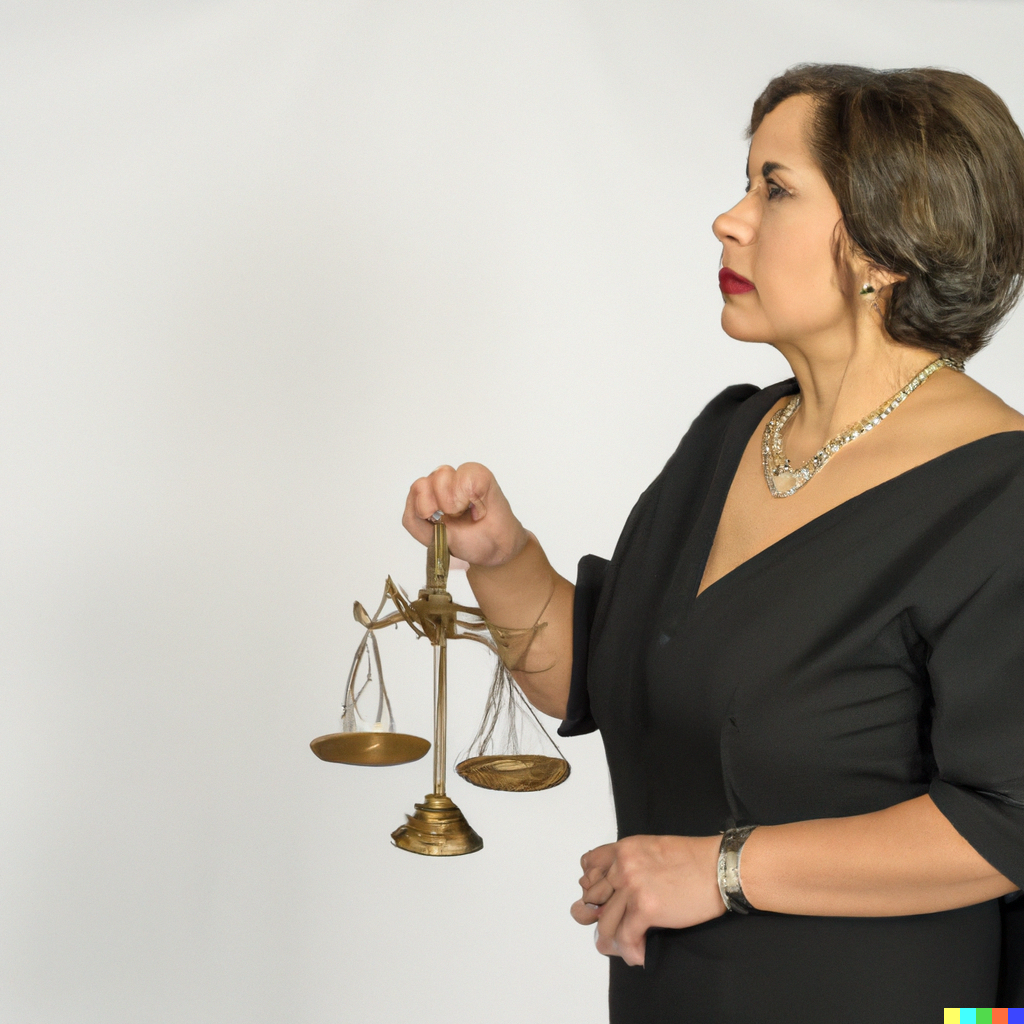This is a summary of a judgment in Criminal Appeal No. 2269 of 2010 in the Supreme Court of India. The appellant was charged with the murder of his wife and was acquitted by the trial court. However, the High Court of Calcutta reversed the trial court’s decision and convicted the appellant for the murder under Section 302 of the Indian Penal Code. The prosecution’s case rested on circumstantial evidence.
The law with regard to conviction in the case of circumstance evidence is very well crystalised in
the judgment of this Court in the case of Sharad Birdhichand Sarda v. State of Maharashtra.
in Shivaji Sahabrao Bobade v. State of Maharashtra [(1973) 2 SCC 793 :
1973 SCC (Cri) 1033 : 1973 Crl LJ 1783] where the observations were made: [SCC para 19, p. 807: SCC
(Cri) p. 1047]
“Certainly, it is a primary principle that the accused must be and not
merely may be guilty before a court can convict and the mental distance between
‘may be’ and ‘must be’ is long and divides vague conjectures from sure
conclusions.”
(2) the facts so established should be consistent only with the hypothesis of the
guilt of the accused, that is to say, they should not be explainable on any other
hypothesis except that the accused is guilty,
(3) the circumstances should be of a conclusive nature and tendency,
(4) they should exclude every possible hypothesis except the one to be proved,
and
(5) there must be a chain of evidence so complete as not to leave any reasonable
ground for the conclusion consistent with the innocence of the accused and must
show that in all human probability the act must have been done by the accused.
These five golden principles, constitute the panchsheel of the proof of a case
based on circumstantial evidence.
The High Court found the extra-judicial confession made before three witnesses to be trustworthy, reliable and cogent, and the recovery of the blood-stained clothes and the murder weapon corroborated their testimonies.
The appellant challenged the High Court’s decision on the ground that the testimonies of the three witnesses were inconsistent with each other.
The High grossly erred in the judgement and thus the High Court conviction is set aside.

